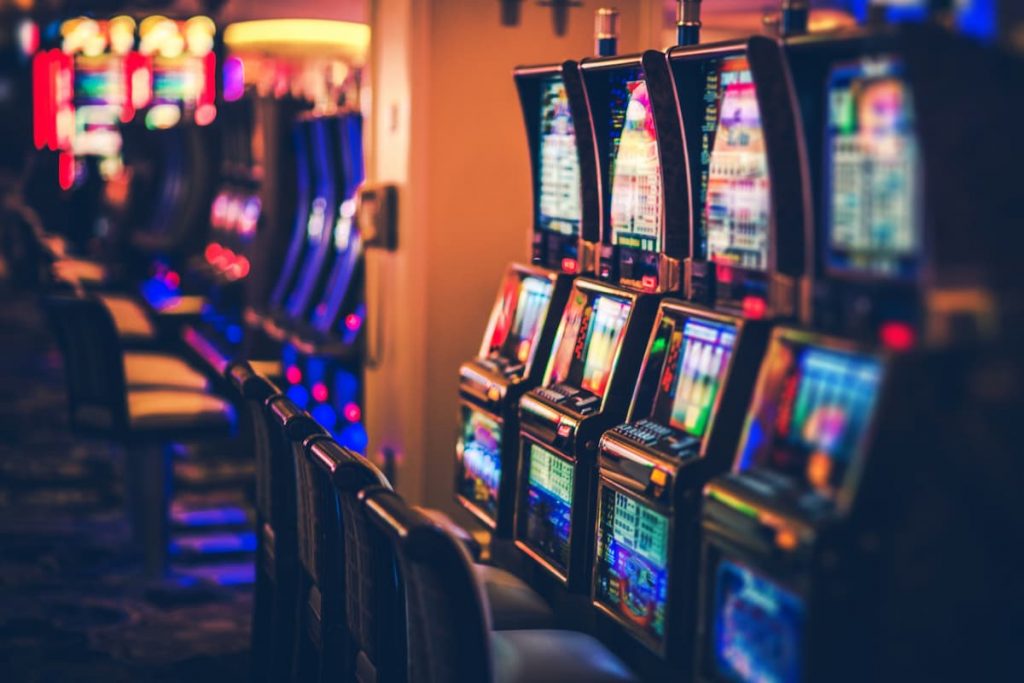Virtual Reality VR is reshaping the landscape of various industries, and online slot gaming is no exception. The integration of VR into online slot games is revolutionizing the user experience, transforming what was once a relatively simple and static activity into an immersive, interactive, and engaging form of entertainment. This shift is not only changing the way players interact with games but also has significant implications for the future of the gambling industry as a whole. One of the most compelling aspects of VR in online slot gaming is the enhanced user experience it offers. Traditional online slots are often two-dimensional, with players interacting through a screen. While the graphics and themes can be visually appealing, they lack the depth and immersion that VR can provide. With VR, players are transported into a virtual casino environment where they can walk around, interact with other players, and even pull the lever of a slot machine as if they were in a physical casino.

This level of immersion makes the gaming experience far more engaging and realistic, appealing to a broader audience and potentially increasing player retention and satisfaction. Moreover, VR technology allows for more creative and dynamic game design. Developers can create intricate worlds and environments that would be impossible to replicate in a traditional online slot game. For example, a VR slot game could take players on a journey through ancient ruins, space adventures, or underwater expeditions, with the slot reels integrated seamlessly into the environment. This not only enhances the visual appeal of the game but also adds an element of storytelling and exploration that can make the gameplay more captivating and enjoyable. Another significant impact of VR on online slot gaming is the potential for social interaction. Traditional online slots are generally a solitary activity, but VR opens up opportunities for socialization within the gaming environment. Players can chat with each other, watch each other play, and even engage in multiplayer slot tournaments.
This social aspect can make the experience more enjoyable and create a sense of community among players, which is often lacking in traditional online gambling settings. By fostering a more interactive and social environment, VR has the potential to attract a new demographic of players who value these features. Despite these promising developments, there are still challenges to be addressed before VR can become a mainstream component of online slot gaming. One of the primary barriers is the cost of VR equipment. High-quality VR headsets and compatible devices can be expensive, limiting access for a broader audience. Additionally, there are technical challenges related to ensuring smooth gameplay and minimizing motion sickness, which can affect the overall user experience. However, as technology advances and becomes more affordable, these barriers are likely to diminish, paving the way for wider adoption of VR in the online gambling sector. The integration of VR into online slot gaming also raises regulatory and ethical considerations.